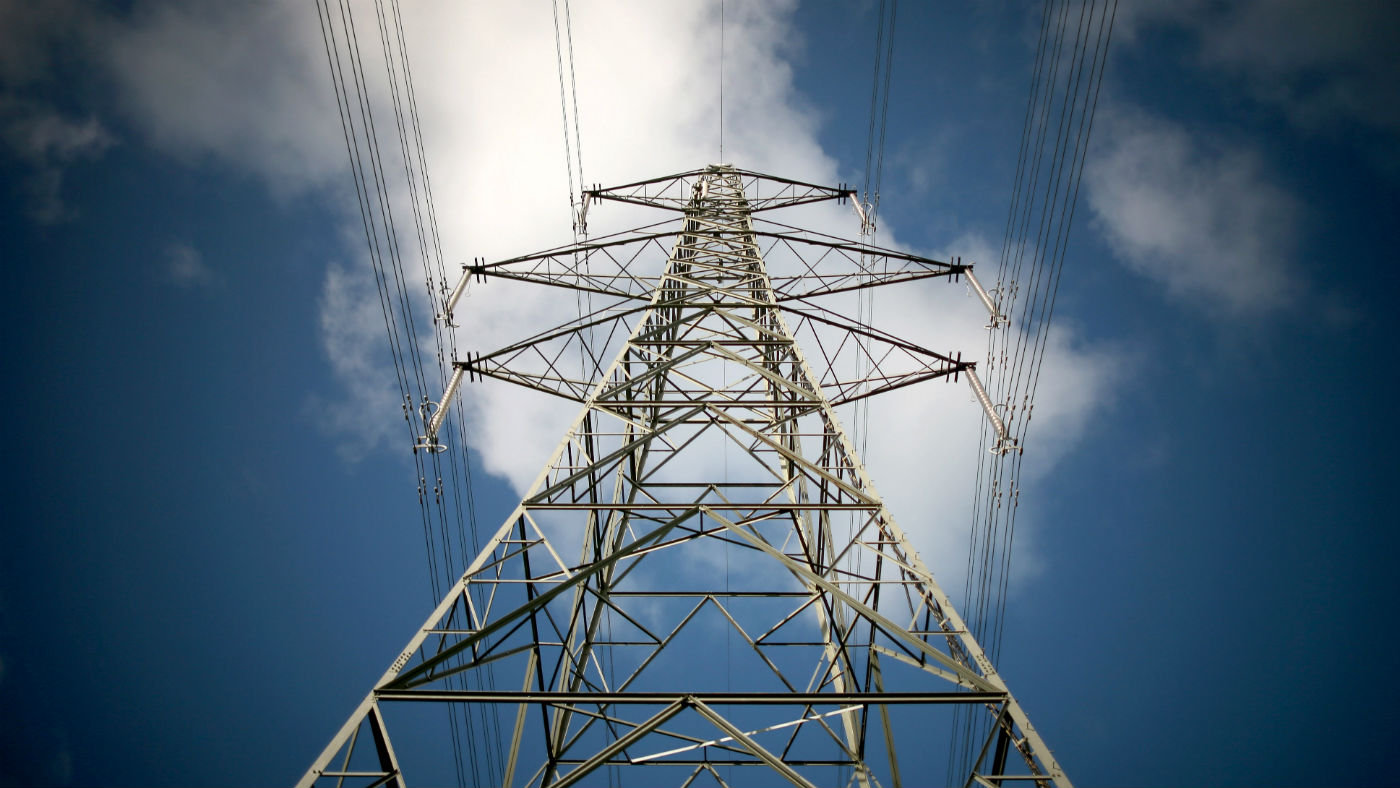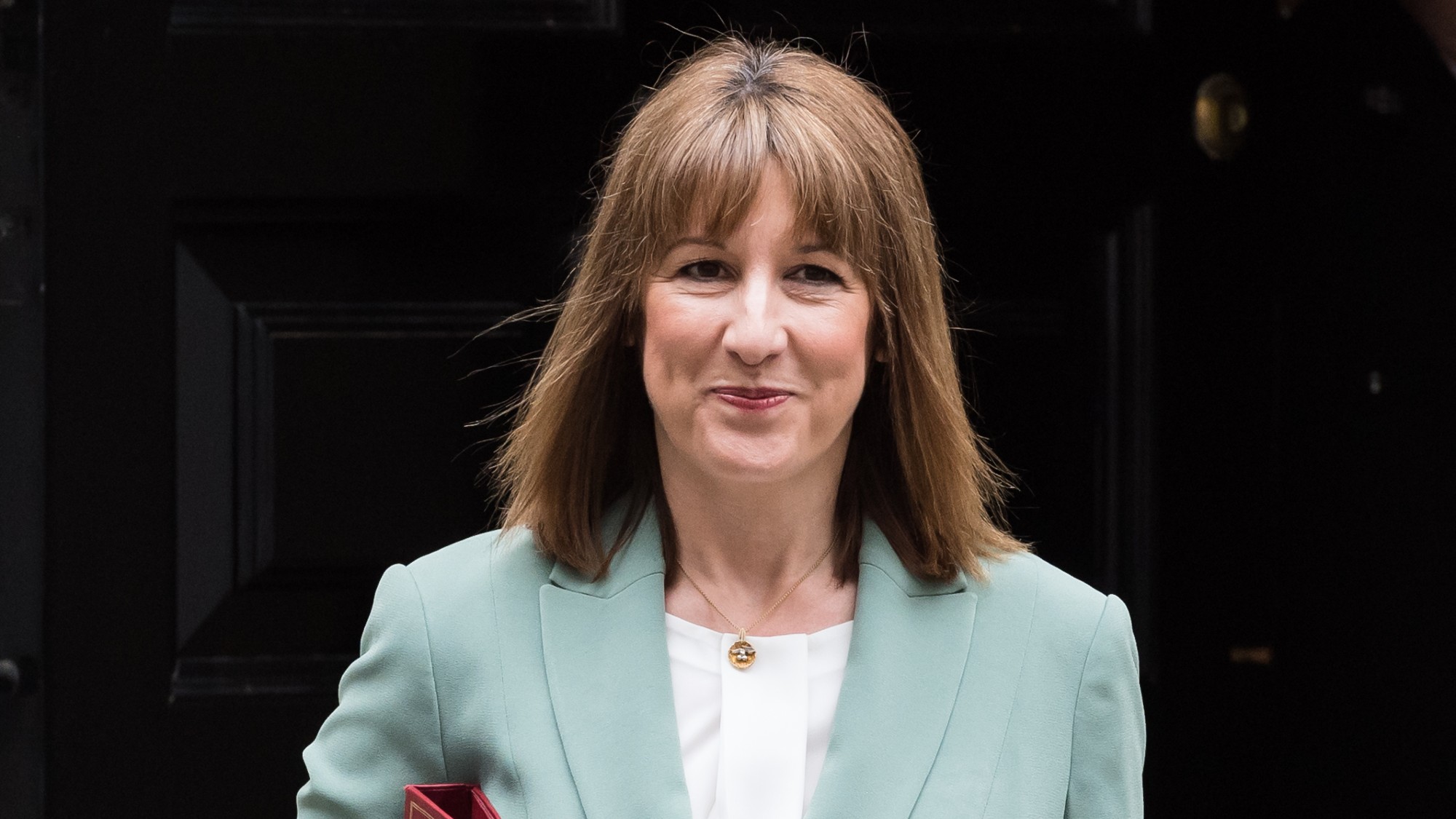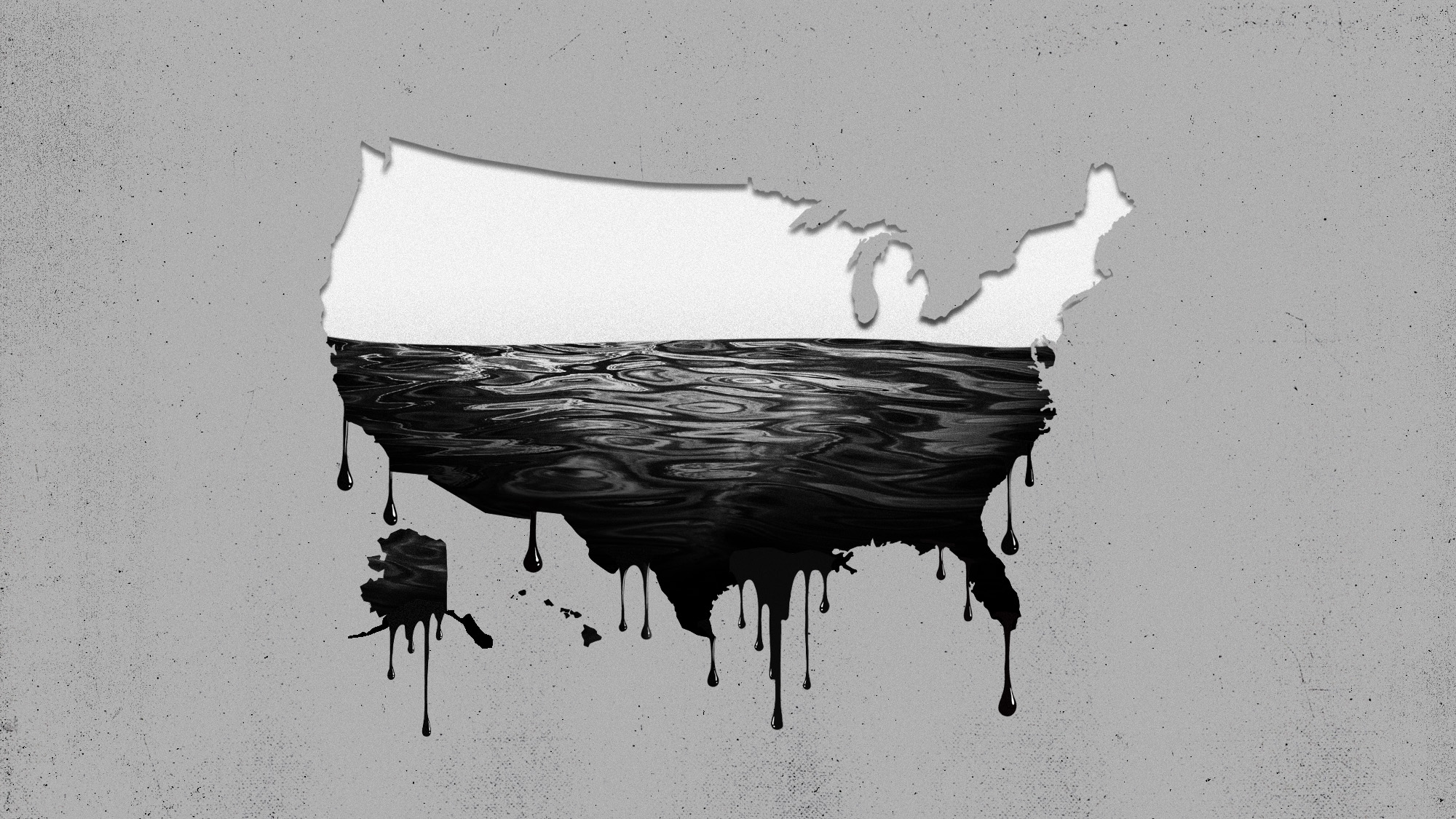Energy firms move offshore to prevent Labour power grab
National Grid and SSE open international holding companies to protect against nationalisation plans

A free daily email with the biggest news stories of the day – and the best features from TheWeek.com
You are now subscribed
Your newsletter sign-up was successful
Two leading energy firms have quietly moved ownership of their UK operations overseas as part of a pre-emptive move to protect themselves from Labour’s planned nationalisation of the sector.
National Grid and SEE, which together own Britain’s entire gas and electricity transmission spine, have opened offshore holding companies in Hong Kong, Luxembourg, and Switzerland.
All three countries have “bilateral investment treaties” with the UK, ensuring investors are paid properly in the event of any state asset grab.
The Week
Escape your echo chamber. Get the facts behind the news, plus analysis from multiple perspectives.

Sign up for The Week's Free Newsletters
From our morning news briefing to a weekly Good News Newsletter, get the best of The Week delivered directly to your inbox.
From our morning news briefing to a weekly Good News Newsletter, get the best of The Week delivered directly to your inbox.
The Sunday Times says the moves “are designed to build defences against Labour’s sweeping renationalisation plans” set out in its manifesto last week.
Energy, rail, mail, water and broadband would all be brought back under public ownership under a Labour government, a move the newspaper adds “would hammer investors, including pension, insurance and sovereign wealth funds, which have prized the utility giants for their dependable and inflation-linked returns”.
The BBC reports that a new energy industry lobby group has been established to combat Labour’s claims that nationalistion would be cost neutral, help decarbonise the economy and create jobs. The lobby group has by running ads on Facebook warning of the potential costs.
Earlier this month, SEE chief executive Alistair Phillips-Davies warned Labour’s plans would be hugely disruptive for the industry and could risk the UK’s position as a leader in offshore wind.
A free daily email with the biggest news stories of the day – and the best features from TheWeek.com
Reuters reports that “Britain is the world’s largest offshore wind market accounting for 40% of global capacity and plans to generate a third of its electricity from the technology by 2030 in a bid to achieve net zero carbon emissions by 2050”.
“The best people to achieve net zero are the private companies that are currently performing and delivering well,” Phillips-Davies said.
While the odds of Labour forming the next government remain low, it appears energy firms are taking the threat it poses seriously by moving operations offshore in what SEE called an “additional safeguard”.
Both National Grid and SEE, which collectively have a market value of around £45bn, have said this would not stop a government taking control of their operations, but that it would instead protect shareholders.
In response, Labour said in a statement that the “rip-off” move “illustrates just why we need the grid back in public hands”.
–––––––––––––––––––––––––––––––For a round-up of the most important business stories and tips for the week’s best shares - try The Week magazine. Start your trial subscription today –––––––––––––––––––––––––––––––
-
 Political cartoons for February 16
Political cartoons for February 16Cartoons Monday’s political cartoons include President's Day, a valentine from the Epstein files, and more
-
 Regent Hong Kong: a tranquil haven with a prime waterfront spot
Regent Hong Kong: a tranquil haven with a prime waterfront spotThe Week Recommends The trendy hotel recently underwent an extensive two-year revamp
-
 The problem with diagnosing profound autism
The problem with diagnosing profound autismThe Explainer Experts are reconsidering the idea of autism as a spectrum, which could impact diagnoses and policy making for the condition
-
 Autumn Budget: will Rachel Reeves raid the rich?
Autumn Budget: will Rachel Reeves raid the rich?Talking Point To fill Britain’s financial black hole, the Chancellor will have to consider everything – except an income tax rise
-
 Is Rachel Reeves going soft on non-doms?
Is Rachel Reeves going soft on non-doms?Today's Big Question Chancellor is reportedly considering reversing controversial 40% inheritance tax on global assets of non-doms, after allegations of 'exodus' of rich people
-
 Why are electric bills rising so fast?
Why are electric bills rising so fast?Today's Big Question Data centers for artificial intelligence and the cost of natural gas both contribute
-
 Airport expansion: is Labour choosing growth over the environment?
Airport expansion: is Labour choosing growth over the environment?Today's Big Question Government indicates support for third Heathrow runway and expansion of Gatwick and Luton, despite climate concerns
-
 Enron mystery: 'sick joke' or serious revival?
Enron mystery: 'sick joke' or serious revival?Speed Read 23 years after its bankruptcy filing, the Texas energy firm has announced its resurrection
-
 Big Oil doesn't need to 'drill, baby, drill'
Big Oil doesn't need to 'drill, baby, drill'In the Spotlight Trump wants to expand production. Oil companies already have record output.
-
 Will Keir Starmer scrap the two-child benefit cap?
Will Keir Starmer scrap the two-child benefit cap?Today's Big Question PM signals 'change in tone' as Labour rebels prepare to back amendment calling for immediate end to controversial 'social cleansing' policy
-
 Is the UK economy returning to normal?
Is the UK economy returning to normal?Today's Big Question Tories claim UK has 'turned a corner' while Labour accuses government of 'gaslighting' public